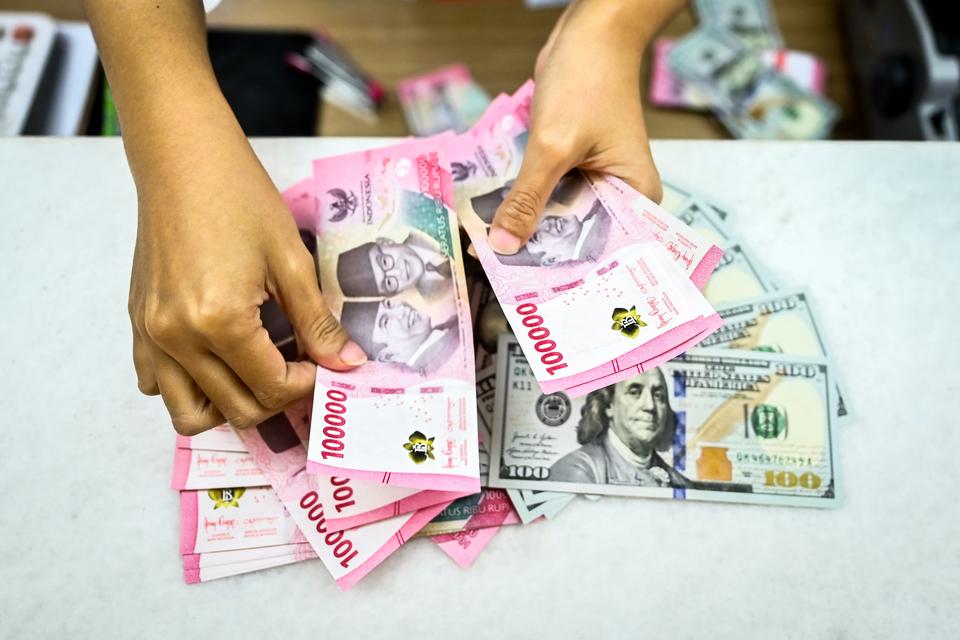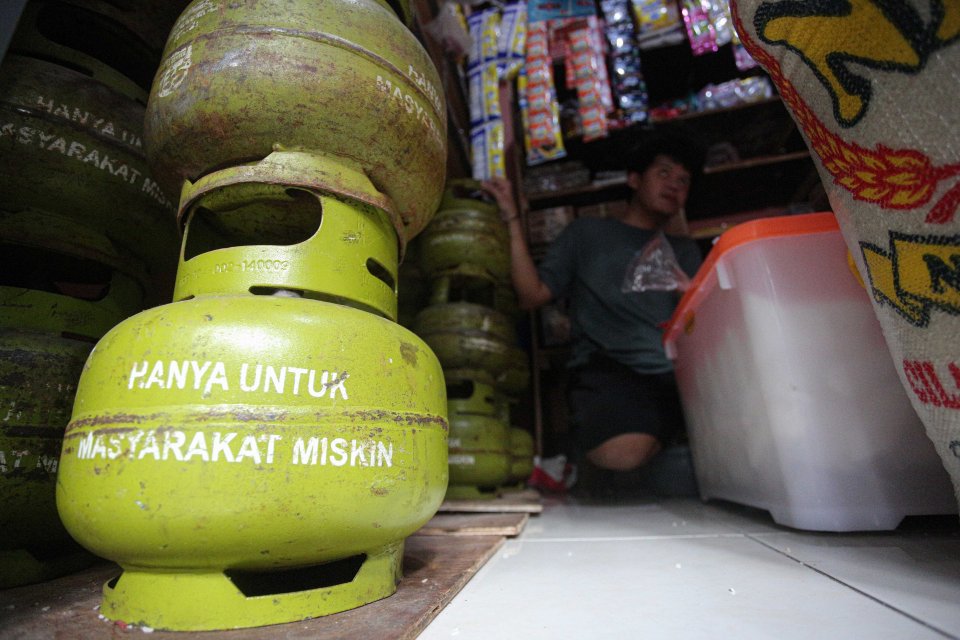Indonesia Wins WTO Case Against EU Over Palm Oil Discrimination, Boosting Energy Sovereignty
The WTO decision opens up new opportunities for the development of palm oil-based biodiesel, previously discriminated against by the EU.

TEMPO.CO, Jakarta - Deputy Speaker of the Indonesian People’s Consultative Assembly (MPR) Eddy Soeparno hailed Indonesia's victory against the European Union in the World Trade Organization (WTO) dispute on palm oil discrimination as a significant milestone in achieving national energy sovereignty.
Eddy, a member of the House of Representatives (DPR) Commission XII on energy, the environment, investment, and downstream industries, credited the win to President Prabowo Subianto’s successful diplomacy on the global stage. “This victory reaffirms President Prabowo’s commitment that Indonesia is fully sovereign in its pursuit of energy security and will not be dictated to by other nations,” Eddy said in an official statement on Saturday, January 18, 2025.
Implications for Biodiesel and Emerging Markets
The WTO decision opens up new opportunities for the development of palm oil-based biodiesel, previously discriminated against by the EU. “This will also expand Indonesia’s market access to other emerging economies,” Eddy added.
He linked the win to President Prabowo’s diplomatic breakthroughs, stating, “President Prabowo’s international diplomacy has bolstered Indonesia’s position in global political dynamics, enhancing our bargaining power amid escalating trade tensions between the U.S., China, and their allies.”
Focus on Sustainability and Renewable Energy
Eddy underscored the importance of sustainable palm oil development, urging the implementation of biodiesel blends such as B40 and B50, along with other renewable energy sources like biofuels and bioavtur for transportation. “This not only reduces fuel imports but also promotes environmentally friendly energy use,” he said.
He emphasized that palm oil development must adhere to the principles of the Indonesian Sustainable Palm Oil System (ISPO) to increase the competitiveness of Indonesian palm oil while contributing to greenhouse gas reductions and achieving net-zero emissions by 2060.
Government’s Response to the Victory
Coordinating Minister for Economic Affairs Airlangga Hartarto called the WTO decision evidence of Indonesia’s innocence in the palm oil and biodiesel case. “This victory proves that the EU discriminated against Indonesia, and we can fight back and win,” Airlangga said on Friday, January 17, 2025.
The victory is expected to impact other EU policies, including the European Union Deforestation Regulation (EUDR). The EU recently delayed EUDR implementation until December 30, 2025, signaling unpreparedness, according to Airlangga.
The Indonesian government is committed to opposing discriminatory policies like EUDR, which disproportionately affect smallholder farmers who manage over 41% of the country’s palm oil plantations.
Strengthening Regional Collaboration and Trade Agreements
The win underscores the importance of collaboration between Indonesia and Malaysia in combating palm oil discrimination. Airlangga expressed hope that the momentum would accelerate negotiations for the Indonesia-European Union Comprehensive Economic Partnership Agreement (IEU-CEPA).
“With this victory, I hope barriers in IEU-CEPA negotiations can be eliminated, allowing us to finalize the agreement,” Airlangga concluded.
DANI ASWARA
to get the latest news updates from Tempo on Google News



















